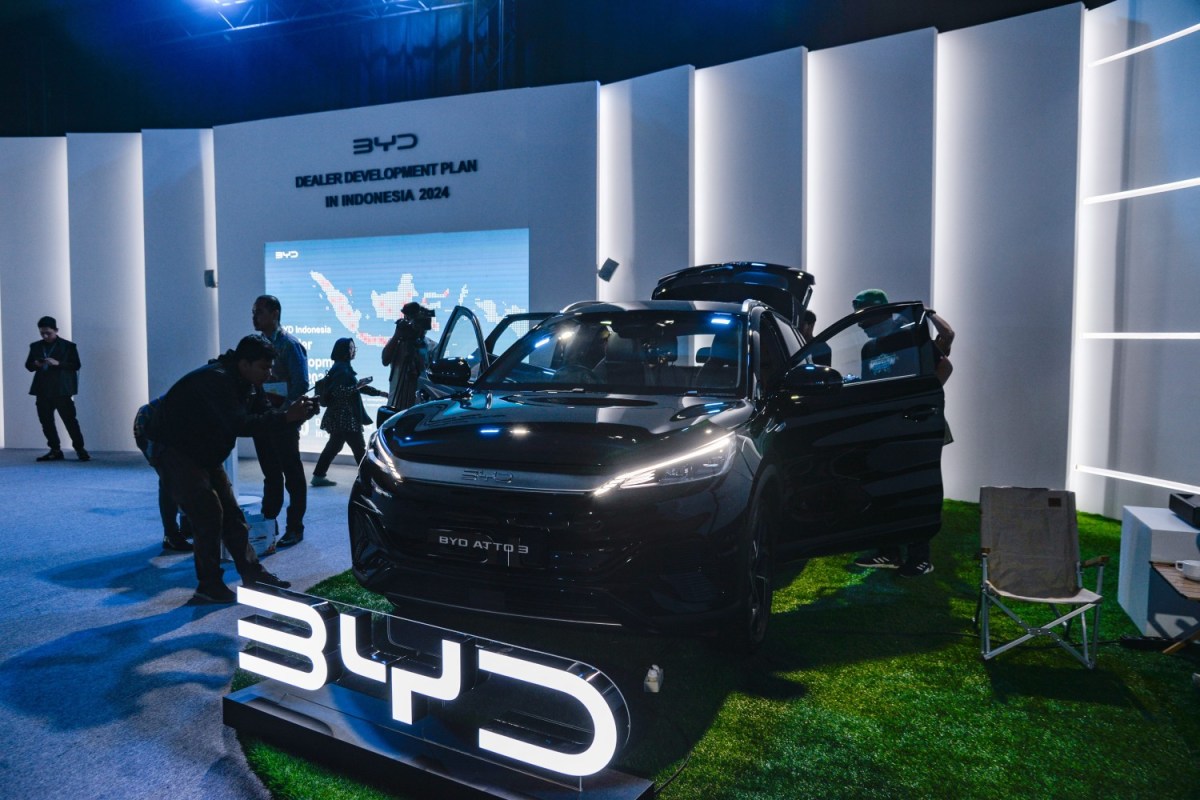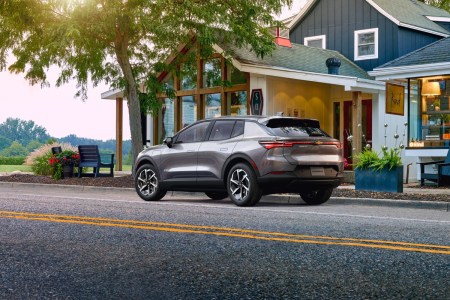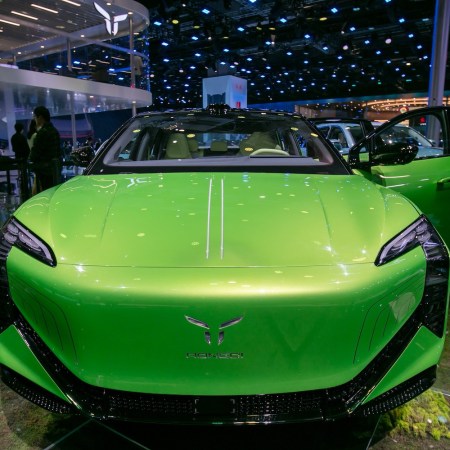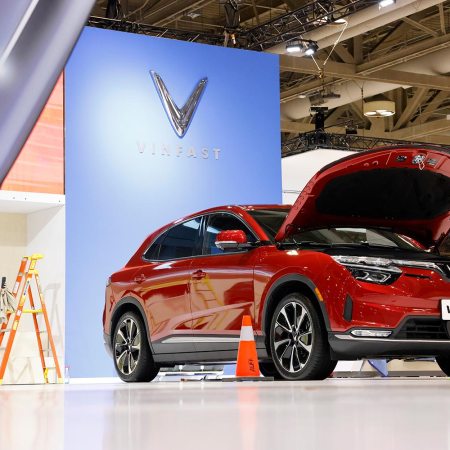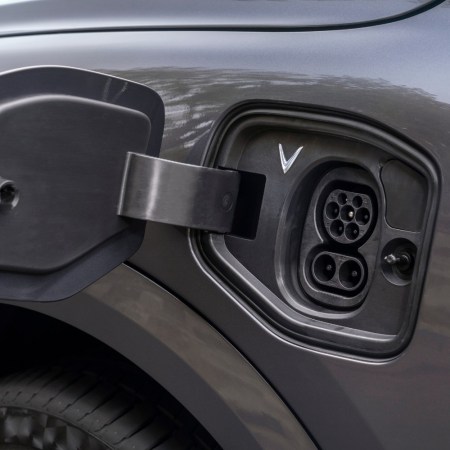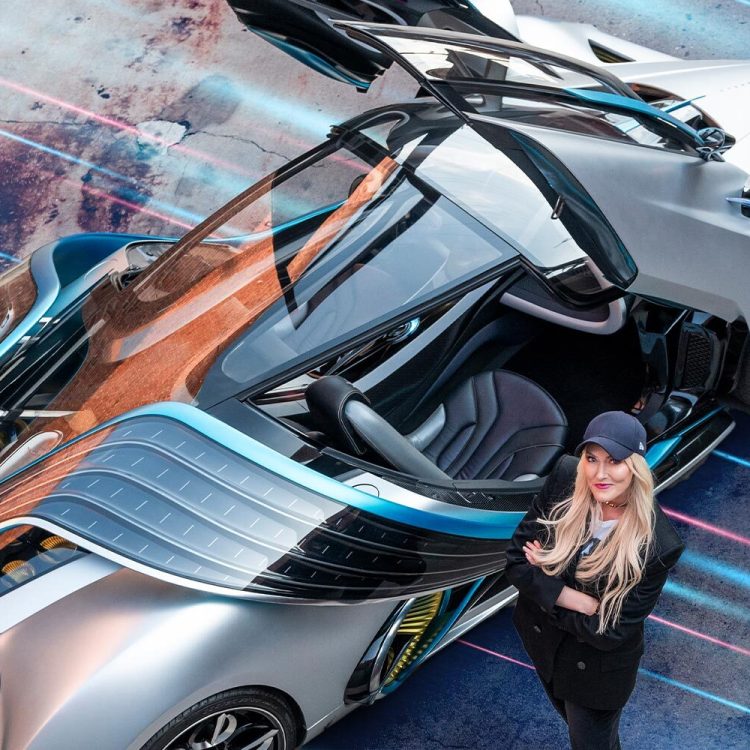The history of industries and inventions is one that abounds with people making comments they’d later come to regret about the future of their technology. In a comprehensive look at the rise of Chinese electric vehicle manufacturers, Business Insider‘s Linette Lopez singled out a comment made by Elon Musk in 2011, where he dismissed the Chinese automaker BYD as a potential competitor to Tesla.
Last year, BYD sold three million EVs around the world. Among its customers? Tesla, who has begun using BYD-made batteries. As CNBC reported last month, in the fourth quarter of 2023, BYD sold more electric vehicles than Tesla around the world.
There are pragmatic reasons for this, both in terms of BYD’s own strategy and in terms of the charging infrastructure available in both China and the United States. As Lopez points out in Business Insider, BYD has a much fuller range of electric vehicles available to purchase, whether you’re looking for an entry-level EV or something much more luxurious. The U.S. auto market, by contrast, has yet to get its entry-level EV — though there are promising signs on the horizon.
There’s also the question of chargers available to drivers — something that’s been an issue for both existing and potential EV owners. A New York Times article from December 2023 cited a governmental goal of having 500,000 chargers available to the public in the U.S. by 2030. By contrast, Nikkei cited a statistic from 2023 that pointed to China having 2.7 million chargers already up and running.
Is This the Entry-Level EV Americans Have Been Waiting For?
The Equinox EV 1LT could shake up the marketBYD’s expansion is only part of a larger discussion about how domestic policies can shape EV manufacturing — as well as the underlying infrastructure that can make buying an EV more enticing. That may be the biggest challenge — this isn’t a case of getting one thing right, but of getting a whole bunch of things to converge so that the industry can evolve. And while Musk’s comments haven’t aged well, it’s an issue far beyond any one automaker’s capacity to control.
This article was featured in the InsideHook newsletter. Sign up now.
